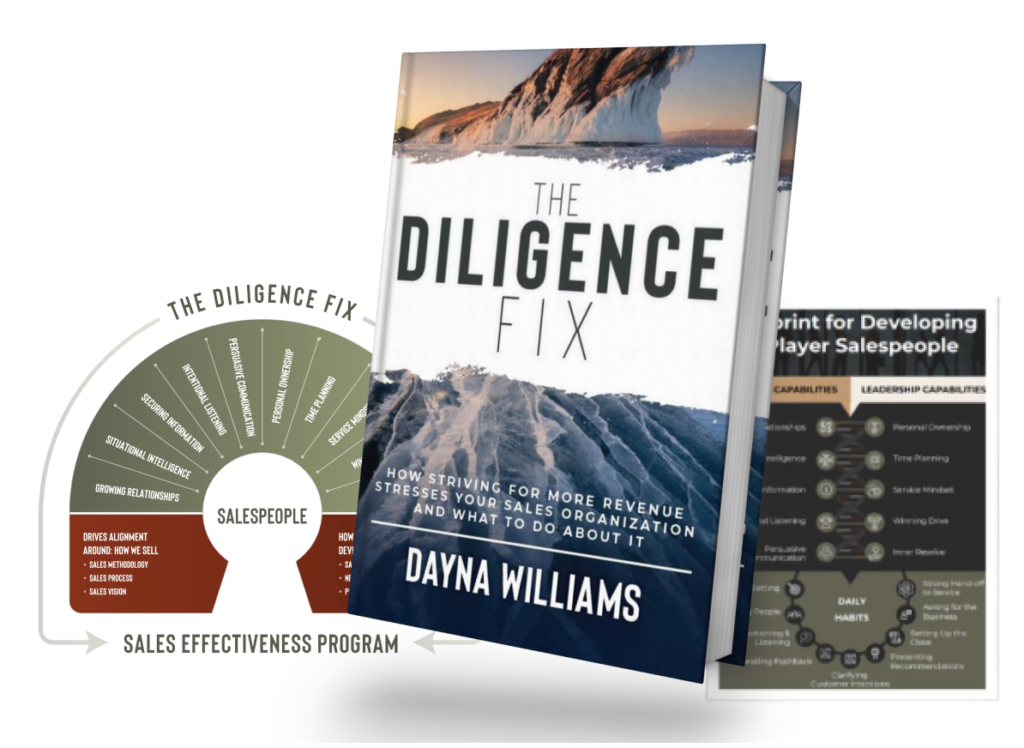Now the flip side. Some folks, though keenly aware of today’s talent issues, are opting to exit the hamster wheel of opinions and “solutions.” Seems that the constant roundabout of talent conversations and “opportunities” as they are so often framed has created a level of fatigue that’s near palpable. This means that bleary eyed leaders are still paying lip service to making investments in talent, however a closer look reveals a trend towards opting for check-the-box activities.
This means that organizations are becoming more content with maintaining status quo regardless of actual impact. Some are doubling down and building moats to defend these existing programs. This could sound like: we already have a recruiting program or our learning team handles training, without follow-on statements, like: and we know it’s working because our data shows…
No one can run a marathon all day every day so, going through the motions for a period of time can be a way of coping with fatigue. When this happens, inner dialogue may sound something like this, we have to say that we are doing something to address recruiting or training and who knows, maybe what we are doing will end up working at some point. However, this approach is like recasting the old adage of “if it isn’t broke, don’t fix it” as “if we don’t know it’s broke, then no need to fix it.” In Part Two, we’ll look at a few factors that are contributing to this talent fatigue.



